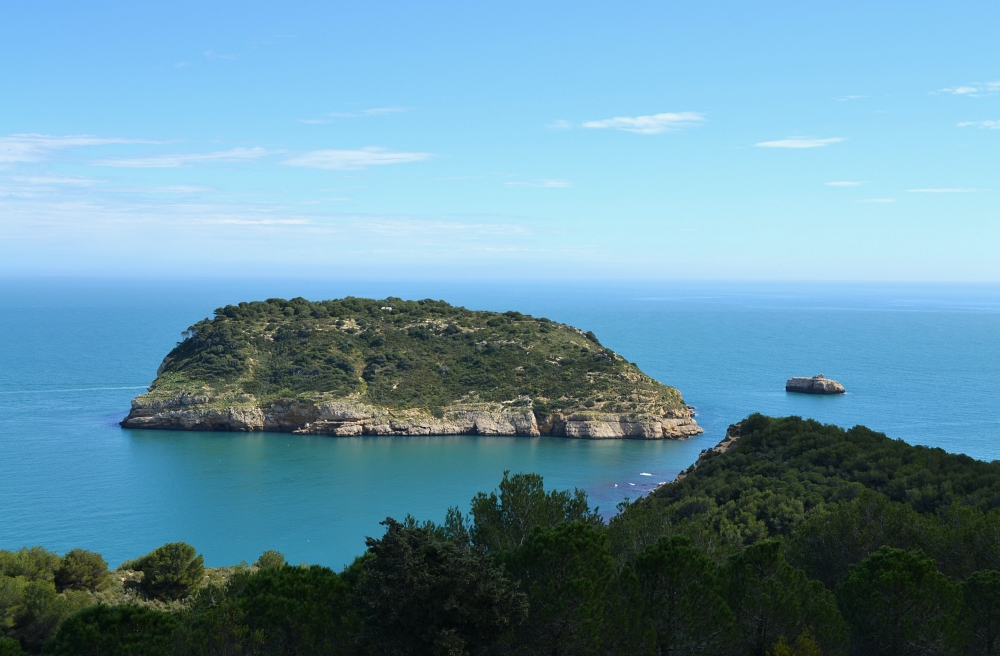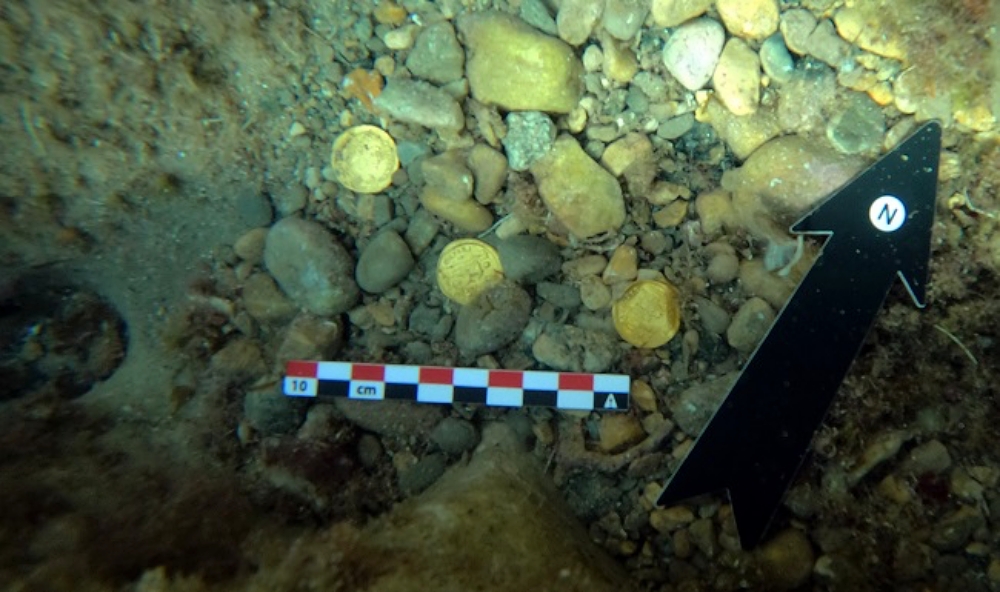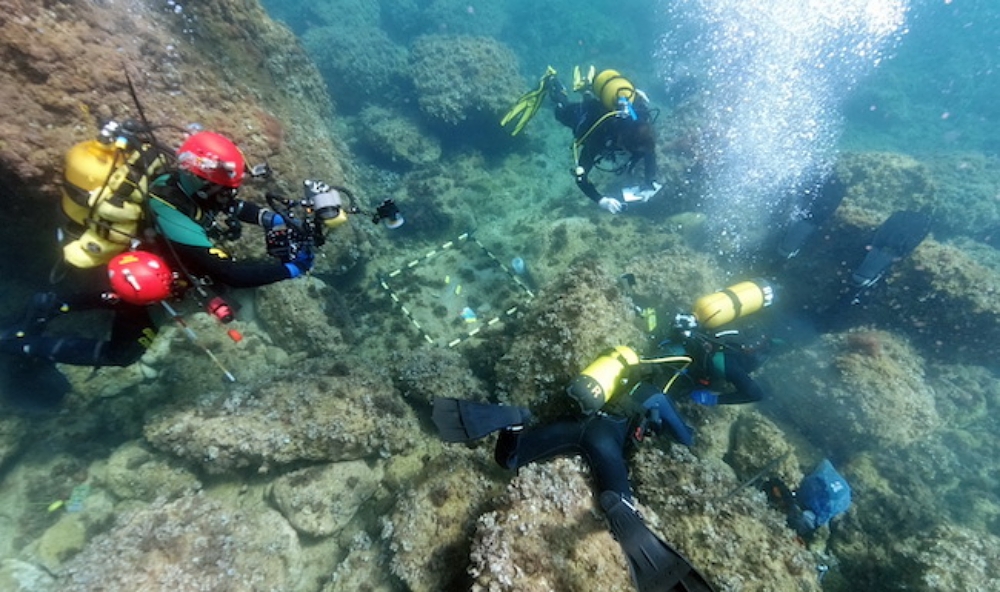Brothers-in-law Accidentally Find Treasure Together
No one had any idea it was there.
Two brothers-in-law who were vacationing in the small coastal town of Xàbia in Valencia, Spain, have discovered a hoard of treasure dating back to the Roman Empire. Though they weren’t trying to find anything besides nature, what they uncovered is one of the largest caches of Roman coins ever known.

Luis Lens and César Gimeno decided to go snorkeling in order to pick up trash in the water while staying near the Cala de Portixol beach on their trip in August of 2021. This simple vacation activity resulted in Lens seeing a little glimmer of gold on the ocean floor and when he pulled it up he found that the coin had a very old-looking image of what appeared to be an emperor on it. Further investigation on a second snorkel trip to the spot revealed that there were more coins that had been buried under marine sediment over the centuries.
The hoard contained coins from a broad range of time, from the reign of Valentinian I (364 CE) to the rule of Honorius (423 CE). Not long after the first coin in this stash was made an influx of groups including the Goths, were fleeing from the fierce Huns, a central Eurasian group of warriors. The resulting battles over the territories of the Western Roman Empire would eventually lead to the first fall of Rome in 800 years during the time of Honorious.

A follow-up search was performed at the site by archaeologists from the University of Alicante and the Spanish Civil Guard Special Underwater Brigade (GEAS) over several dives. In all 53 coins were discovered, as well as some nails of the same era that likely were part of the chest that once held all this gold.
It’s unknown who collected the coins initially, but since all are from the beginning of the end of the Western Roman Empire, historians working on the project suspect that it was someone attempting to safeguard this wealth during the highly uncertain times caused by many conflicts.
One theory is that the owner of the coins took them away from the shore to dump in the water, intending to go back for them. Whoever it was then was never able to retrieve the stash. It is also possible that the coins were stolen as part of the looting that took place when the Alans or other Germanic peoples invaded the area.

The coins are now being conserved and will go on display as part of the Soler Blasco Archaeological and Ethnographic Museum in Xàbia. A budget is also being set aside for further excavations of the area where the coins were found.
Lens told Spanish newspaper, El País, “It’s incredible. It’s every child’s dream to find a treasure.”
SKM: below-content placeholderWhizzco for DOT

